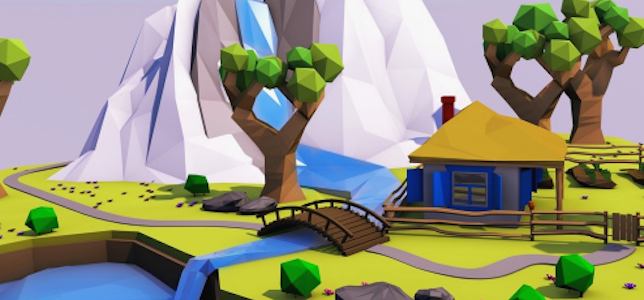
The online learning company is letting users preview its upcoming virtual reality content developer nanodegree program — available for free use June 8 through June 11.
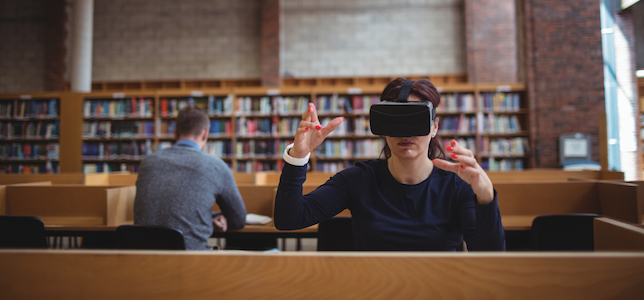
The University of California, San Diego last month opened the doors to its Virtual Reality (VR) Lab, a facility for undergraduate students to create content for virtual environments.

Jaclyn Gerstein will be presenting at two sessions during the ISTE conference: “A Framework for Maker Education: Frontloading and Reflecting on Maker Experiences,” on Sunday, June 25; and “Design Thinking and Universal Design for Learning for Makerspaces, STEM and STEAM” on Monday, June 26.

The ED has selected five finalists in the EdSim Challenge, a national competition that aims to advance students’ career and technical skills with immersive, computer-based simulations. Finalists will each receive $50,000 and continue to develop their prototypes for a chance to win the $430,000 grand prize.
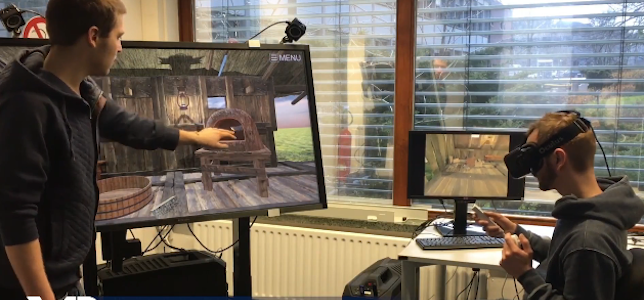
VR First, a global initiative to democratize virtual and augmented reality (VR/AR) hardware and software for academic institutions, is planning to open 50 of its VR/AR labs at colleges and universities by the end of this year, in an effort to meet future workforce demands.
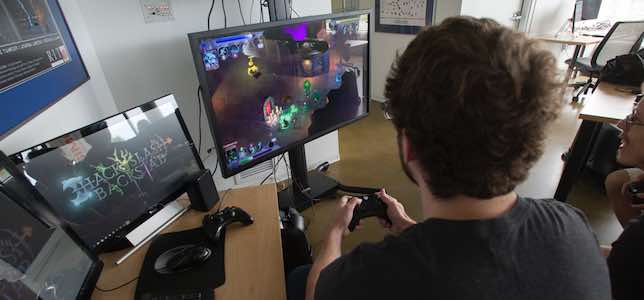
In a followup interview about MAGIC Spell Studios at the Rochester Institute of Technology, Andy Phelps discusses how to offer students real-world experience in digital media development and publishing — experience based on the newest technology innovation and trends.
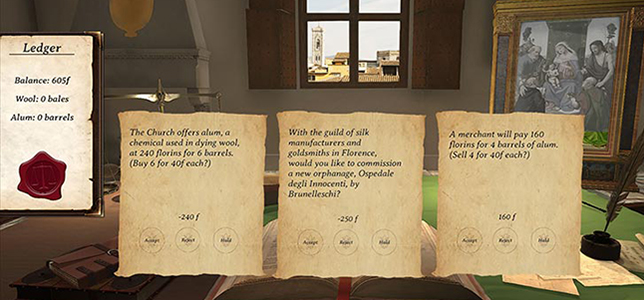
Texas A&M University has teamed up with game-based learning company Triseum to introduce gaming into art history survey courses, in an effort to help students better understand the world in which works of art were created.
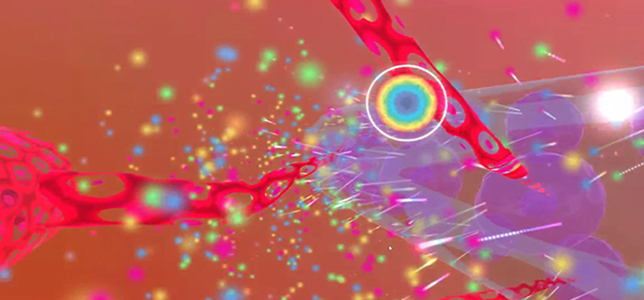
The NYU Tandon School of Engineering has created a virtual reality app that enables users to explore and engage with a microscopic, intracellular world in a game-like environment. The VR experience, called Tandon Labs, is being used as an admissions tool with a simple goal: Attract future engineers and scientists who are hyped about STEM.

As online learning continues to evolve, technologies like gamification and simulation are poised to advance student engagement and success.
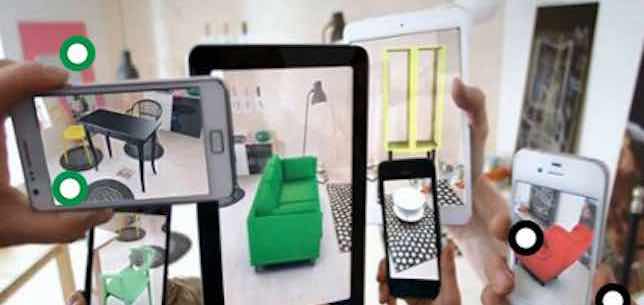
Students at two geographically distant universities create and examine augmented reality artifacts in a project-based learning collaboration.